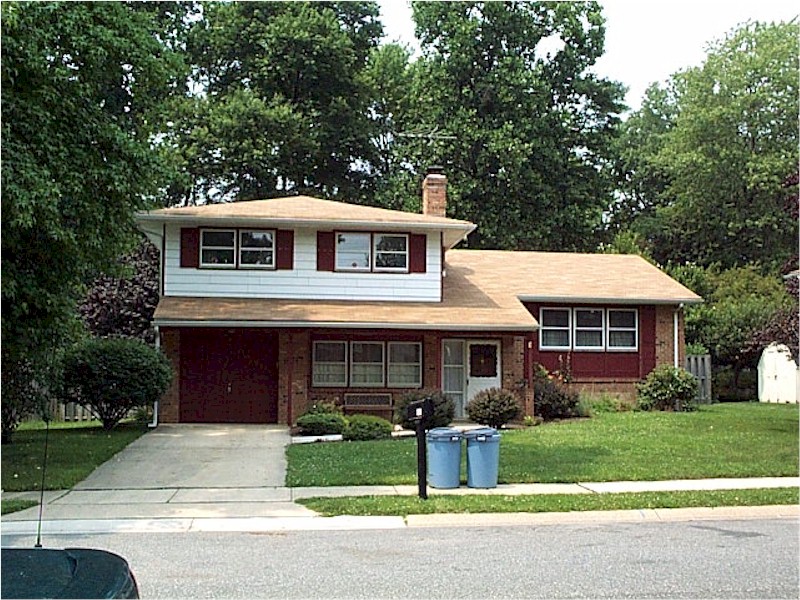Square Footage and Layout
Many people assume that because they have over 3,000 square feet of living space that their home should be valued higher. While generally it's true that a 3,000 sf home will sell for more than a 2,000 sf home, it's not always the case. Buyers take into account how well that square footage is laid out, how many bedrooms and bathrooms the home has, and the amount of storage space available.

Also, many people are realizing that a lot of square footage leads to a lot more maintenance and upkeep. Four bathrooms take a lot more cleaning than three or two.
Best Value: Choose an efficient layout, sizeable bedrooms, and good storage capabilities for the best value.
Location
In general, certain towns and neighborhoods will fetch better prices than others. But within neighborhoods, there are a lot of factors that can influence the price of homes there. Are there established trees? Is it next to a busy road or highway? Does it have a great view? Is it a waterfront property? Does it border a less desirable neighborhood or area? Is it close to schools, shopping, and other conveniences? Is it close to sidewalks and bike trails?

Best Value: Whenever you can, choose the best home you can afford in a neighborhood that suits your needs (young family or empty nesters) and decide if you can live with anything that you see as a shortcoming.
Upgrades
There are two things that can hurt the value of your home when it comes to upgrades...not having enough and having too many. That may seem unfair, but its true. You want your home to be on par with all the other homes in your neighborhood. If all the other houses on your block have a 3-car garage and you only have a double, then that will be reflected in the value of your home. Likewise, if you upgrade to granite countertops and a built-in wine fridge when everyone else has a more modest kitchen, you might be better off saving the money and choosing more basic finishes.

Best Value: Visit neighbors homes and go to open houses in your neighborhood to get a feel for what most homes have, then make sure yours at least meets that.
Age and Condition

As a home gets older, it loses value, unless it's considered a historic home, and then only if it's in good condition. In fact, good condition is a must no matter what the age of your home. A well-maintained home home that is move-in ready will fetch a much higher price than the same home that needs some repairs.
Best Value: Choose well-maintainted newer home or historic home in excellent condition.
Disclosures

Homes that have or have had mold issues or fire related damage could be harder to sell and will bring in a lower price. Additional conditions that could lower the price of your home could include lead paint, non-compliant septic systems, crimes committed at the property, natural disasters that happened to the house, and even pets and smokers living in the home.
Best Value: Choose a home that has a "clean" disclosure statement.
Source: Michelle Schwake for Stafford Family Realtors

No comments:
Post a Comment